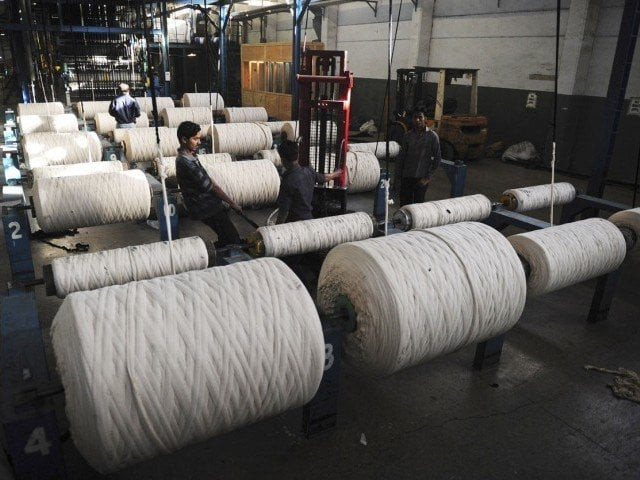Made in Pakistan — of attitude and perception
Pakistan’s core problems can be addressed, in part if not whole, by realigning our own perception

Pakistan’s core problems can be addressed, in part if not whole, by realigning our own perception. PHOTO: FILE
Conventional wisdom says that foreign products always offer a more desirable quality. It is not an unreasonable assumption, as one can attest to their unmatched standards. I cannot fathom a life where every tool of need must be made locally. It does not need to be, for most imported products are critical necessities without which the economy would be hard pressed to continue functioning, let alone grow. Pakistan doesn’t extract much oil, manufacture enough computers, or put together sufficient number of automobiles to meet our demand, yet we need them to power our homes and factories, meet daily business and personal needs, and drive to places.
But imports do not end when necessities are met. When we look around, we see foreign products in places where there is no real need for them. Why do we buy luxury cars, designer handbags and branded watches? Do we really need imported cheese, yogurt and vegetables on our dinner tables? Why do we insist on selecting foreign examination systems for our students?
We have developed an attitude problem when it comes to homemade products. Everything foreign made is fantastic, and everything locally made just not good enough.
Such a bias has its ramifications. By satisfying our craving for non-essential products via imports and believing that local alternatives will never be as good, we don’t offer domestic industries a chance to experiment and develop quality in areas they may be able to. This perpetuates a cycle where foreign industries dominate the domestic market and helps nudge the economy down a spiral where imports continue to outpace exports and we face a situation where we continue to borrow from international markets to pay them back for their own products and services — some of which we don’t really need.
Countries throughout the world have made attempts to fix such trade imbalances. We live in an era of unprecedented scale-back of globalisation due to rise of nationalistic economic sentiments. But Pakistan’s peril isn’t globalisation. Protectionism can be disastrous as it is difficult to implement (what to curtail, what to allow?); can distort the competitive landscape (by allowing lower quality local products to get away with impunity); may actually harm domestic industries (by disturbing global supply chains and thus raising cost of doing business); and risks irking trading partners (they have their own economies to worry about and are unlikely to take kindly to a unilateral protectionist move). Governmental inefficiencies and mismatch between political motives and developmental needs also play their roles in making protectionism a dangerous policy tool for fixing economic woes.
Pakistan’s core problems can be addressed, in part if not whole, by realigning our own perception. Most countries that have left the tag of “emerging markets” behind over the last few decades have done so by producing products that world was glad to buy. We don’t even like what we make ourselves. Until we become comfortable using locally manufactured electronics, are willing to make gift of domestic brands of confectionary, and start spending as much time on local websites as we do on Facebook and YouTube, Pakistan does not truly stand a chance to develop a strong economy.
Published in The Express Tribune, March 20th, 2019.
Like Opinion & Editorial on Facebook, follow @ETOpEd on Twitter to receive all updates on all our daily pieces.



















COMMENTS
Comments are moderated and generally will be posted if they are on-topic and not abusive.
For more information, please see our Comments FAQ